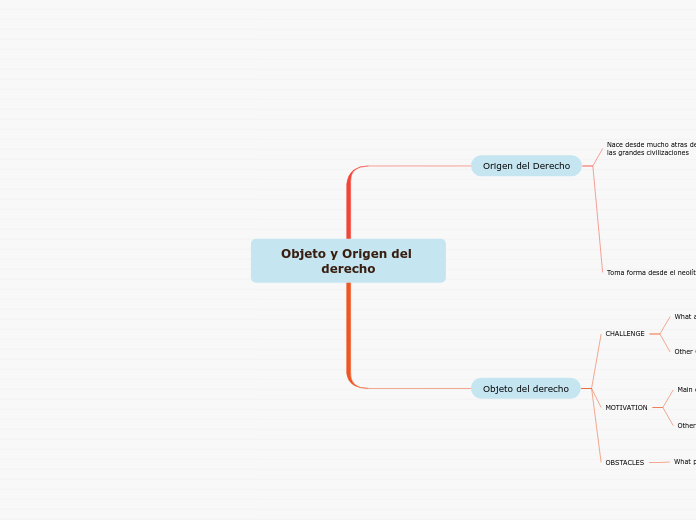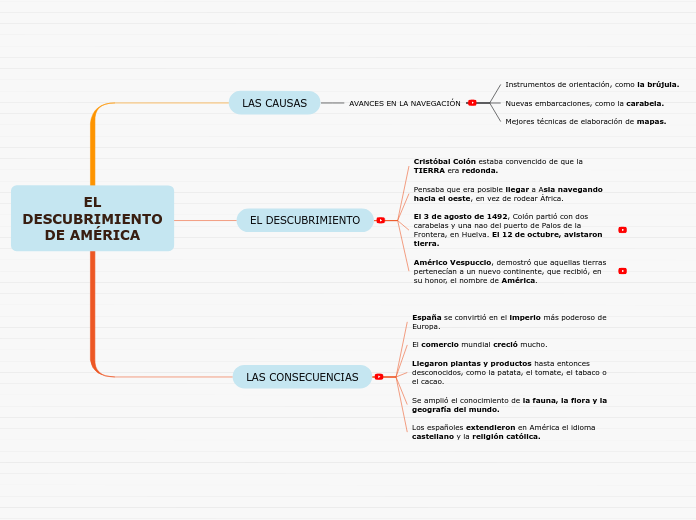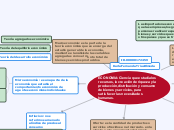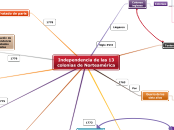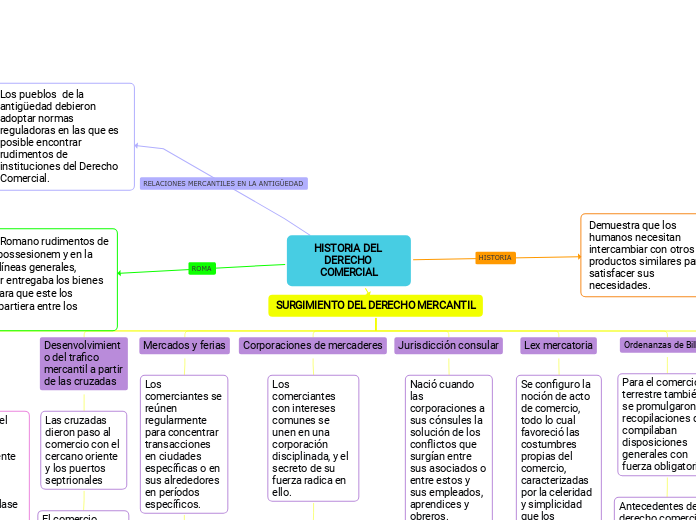Objeto y Origen del derecho
To name your story, you have to think about the overall message and what you want your audience to understand from the story. Also, make it relevant and easy to remember.
Objeto del derecho
The middle of the story is where you add layers of complications that will lead to the end. Reveal more about the character's journey. Did their personality go through changes? How did they overcome the challenges? And as you build up the story’s central conflict, make it more personal to that character. Also, from the middle act, you have to lead into the final act.
OBSTACLES
There wouldn't be any tension and excitement in your story if there weren't any obstacles in your character's way.
What prevents your character from accomplishing their goal?
A story is nothing more than a character overcoming a series of difficulties to reach the desired goal. Obstacles usually create suspense and conflict. In overcoming obstacles, there is growth: weak becomes strong; hatred turns into love; sadness into happiness; wrong into right; lies into truth; or evil becomes good.
See a few examples below:
- stopping a meteor
- finding a killer
- finding love
Obstacles
MOTIVATION
Your character(s) need(s) motivation in order to solve the challenge(s).
Other character
Secondary characters might also have motives that lead them to cross paths with the main character or which might trigger them to help the main character.
Main character
Why does your character need to confront this challenge? What does he/she expect to accomplish by solving it?
See a few examples:
- will marry in 3 days
- can fix the mistakes of the past
Motivation
CHALLENGE
Each story has a main character and that character usually needs to solve a problem or challenge. The character's challenge is the one that creates tension throughout the story.
Other Challenges
Type in any other challenges which other characters in the story need to face.
Other challenges
What are the main challenges in your story?
In most stories, there are 3 challenges. The number 3 is a mystical number symbolizing completeness. Try to come up with interesting challenges with which your character needs to struggle.
See a few examples below:
- turns into a werewolf at night
- is sent back in time
Challenges
Origen del Derecho
In the beginning of the story (or the exposition), you will need to introduce the setting and characters. You might also want to introduce the main conflict. This part of the story is important because it gives the reader necessary background information and maybe even a first insight into a character’s personality.
Toma forma desde el neolítico
The setting (time & place) of a story can change throughout the plot.
necesidades de regular
The time of the story can also change. It can describe the event of a single day or can include an entire year's plot. Anyway, don't forget to mention it.
Derecho consuetudinario
se forma desde la costumbre
Se crea reglas de conviencia
Nace desde mucho atras de las grandes civilizaciones
Characters are essential to a good story. Usually, the protagonist(s) is/are the most affected by the plot. Introduce a character by focusing on their actions, interests, and occupation, as the physical appearance doesn't make a difference in most cases.
Roma
Type of character
Grecia
Main Goal
What is your character's main goal?
fight Evilfind lovedefeat his/her enemyrule the worldmake friendstime travelmake an awesome discoveryOther
Character traits
Se basa desde la filosofia y la justicia
Mesopotamia
Type in the name of your character.
La norma no dependían de la religión
Which traits best describe the character's personality? Choose more if necessary:
introvertedloyalkindindependentquick-thinkingadventuresomeidealisticsweet-naturedcalmrisk-takercreativewittystrictfussyweirdclumsyharshaggressivecarelessclingingcowardlycrueldeceitfulimpulsiveOther
Regulaban situaciones de la vida cotidiana
Regular el comercio, el trabajo
asalariado
El divorcio, las penas asesinato,etc
Tenian sus propios tribunales y por lo tanto ya no solo dependia de los sacerdotes si no tambien del rey
el rey tenia los 3 poder,es el legislativo, judicial y ejecutivo
Código de Hammurabi
Choose the type of your chacter:
Protagonist (main character)Antagonist (main character's opponent)Flat (stereotypical character)Round (his/ her personality develops throughout the story)Static (doesn't evolve as a person throughout the story)Dynamic (dramatical change in personality)Confidant (the main character trusts him/ her)Foil (contrasting character who enhances the personality of another character)Other
Ley de talión
ojo x ojo y diente x diente
Sistema bastante riguroso
S
